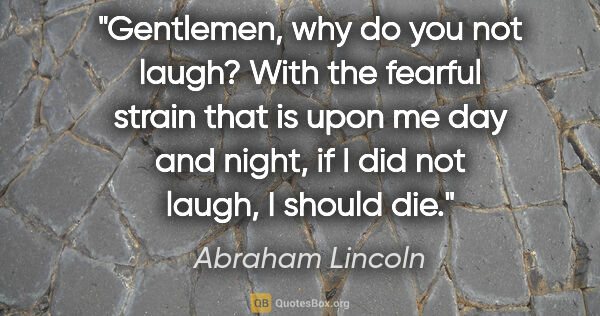Did Quotes (page 187)
Naomi was a tough kid, so much tougher than Landsman ever needed to be. She was two years younger, close enough for everything Landsman did or said to constitute a mark that must be surpassed or a theory to disprove. She was boyish as a girl and mannish as a woman. When some drunken fool asked if she was a lesbian, she would say, “In everything but sexual preference.
Michael Chabon
Dear lou, we learned so much. I realize we wont be able to talk for some time, And I understand that as I do you. The long distance thing was the hardest, And we did as well as we could. We were together during a very tumultuous time in our lives. I will always have your back and be curious about you, About your career, Your whereabouts.
Alanis Morissette
When afterwards I tried to tell my aunt, she punished me again for my wicked persistence. Then, as I said, everyone was forbidden to listen to me, to hear a word about it. Even my fairy-tale books were taken away from me for a time - because I was too 'imaginative'. Eh! Yes, they did that! My father belonged to the old school.... And my story was driven back upon myself. I whispered it to my pillow - my pillow that was often damp and salt to my whispering lips with childish tears. And I added...
H. G. Wells
October knew, of course, that the action of turning a page, of ending a chapter or of shutting a book, did not end a tale. Having admitted that, he would also avow that happy endings were never difficult to find: "It is simply a matter," he explained to April, "of finding a sunny place in a garden, where the light is golden and the grass is soft; somewhere to rest, to stop reading, and to be content.
Neil Gaiman

He never passed any kind of moral judgement on the various things that had been done to him in the course of his career not did he try to explain them. Much that was unjust and still more that was simply unintelligble seemed to be accepted, not only without resentment, but with a certain satisfaction provided only that is was striking.
C. S. Lewis
We regard the photograph, the picture on our wall, as the object itself (the man, landscape, and so on) depicted there. This need not have been so. We could easily imagine people who did not have this relation to such pictures. Who, for example, would be repelled by photographs, because a face without color and even perhaps a face in reduced proportions struck them as inhuman.
Ludwig Wittgenstein

the hippies of the 1960s did understand something. They were right in fighting the plastic culture, and the church should have been fighting it too... More than this, they were right in the fact that the plastic culture - modern man, the mechanistic worldview in university textbooks and in practice, the total threat of the machine, the establishment technology, the bourgeois upper middle class - is poor in its sensitivity to nature... As a utopian group, the counterculture understands...
Francis Schaeffer

